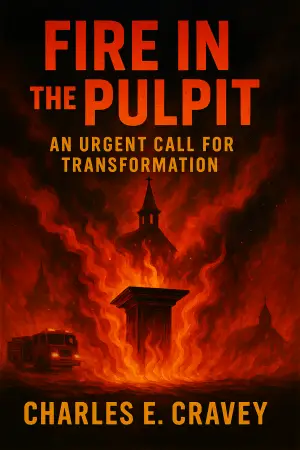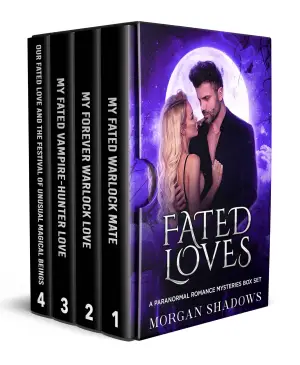Unraveling the Complexities of Identity in “Barbara” by Tessa McWatt
When a book catches your eye with its promise of introspection and emotional depth, you can’t help but dive in. Tessa McWatt’s “Barbara” did just that for me. With its exploration of a woman’s psyche set against the backdrop of 20th-century malaise, I was immediately drawn to its hauntingly relatable protagonist. I found myself wanting to know Barbara—not just as a character but as a mirror reflecting my own musings on beauty, relationships, and identity.
At its core, “Barbara” is a gripping exploration of a woman wrestling with her sense of self in a world that constantly tries to confine her. Set in the shape-shifting landscape of 1975, the novel captures a slice of life from the perspective of its titular character, an actress in her early 40s. While seemingly poised, Barbara grapples with the weight of her own beauty— a double-edged sword that has shaped the trajectory of her life. Her bittersweet reflection, “I got to be beautiful, and that determined the direction my whole life would take,” resonates deeply in a society still entangled in the often insidious ties of appearance.
McWatt masterfully intertwines Barbara’s fleeting affair with her leading man and the inescapable echoes of her family’s past, revealing how both elements shape not just who she is but how she navigates the world around her. One of my favorite aspects is her acute ability to observe the world around her through a lens of filmmaking—an art that mirrors her journey. She reflects on war, gender dynamics, and performance with startling clarity. Her observation about her father—“He had appeared as a baby in the olden days, and by the time he died, the sky was speckled with satellites”—is a poignant reminder of how quickly time and life evolve, leaving us with a complex tapestry of memories.
The writing style is another treasure within “Barbara.” McWatt’s understated tone creates an organic rhythm that feels intimate and raw, almost as if you’re sharing a safe space across from a friend. It flows like a therapy session, where the act of sharing and reflecting uncovers layers of emotion and truth, allowing the reader to settle into Barbara’s world. The scattering of photographs throughout the book adds a tactile depth, grounding her reflections in a physical space, making her journey all the more relatable.
As I turned the last few pages of “Barbara,” I realized this book goes beyond being a simple narrative; it is an invitation to ponder our own lives amidst the chaos of the world. If you’re someone captivated by stories that delve into the complexities of identity, relationships, and the search for meaning, this novel will resonate with you deeply. It’s quietly affecting, delivering its emotional punches with a measured restraint that lingers long after you’ve closed the cover.
Overall, “Barbara” reminded me of the beauty in the struggle for authenticity and the importance of understanding our pasts. Readers seeking a beautifully crafted exploration of vulnerability and strength will find solace and profound reflection in McWatt’s storytelling. It’s a book I will return to, perhaps even to unravel something new each time—I can’t wait to see what kernel of truth might emerge with my next reading.






